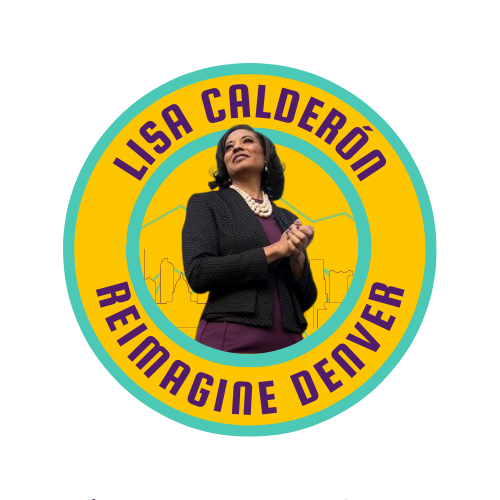Immigration policy
No one is illegal on stolen land and I have dedicated myself to being a strong advocate and ally. My advocacy on immigration issues goes back to 2006 opposing Senate Bill 90 which required local law enforcement to report arrestees to federal authorities if officers suspected them of being in the U.S. unlawfully. I was a legal director of an abused women's program where I founded an immigration clinic, and served immigrant women for twelve years, including supporting their U Visa and T Visa petitions. Another progressive victory was the repeal of SB 90 2013. I was part of a massive coalition effort of immigrant rights and anti-violence groups, among others.
Additionally, as Chief of Staff for Councilwoman Candi CeDeBaca, I strategized with her to achieve an unprecedented victory against the renewal of more than $10 million in halfway house contracts with two of the nation's largest private multinational corrections companies, CoreCivic and GEO Group, because of their treatment of detained immigrant, including children, at the Aurora GEO ICE detention facility.
We methodically made the case for both city councilmembers and the public that due to Geo’s notorious track record running immigration detention facilities resulting in forced labor of detainees and the caging of children, the city should divest from the private prison industry, leading to a surprising victory for the city of Denver.
The City and County of Denver's response to migrants and asylum seekers has been to rely on the nonprofit community's support to shelter, coordinate volunteers, donations, medical services and transportation, while also helping new arrivals "assimilate into the country with the best possible outcomes."
This approach pushes the role of government to nonprofits without any additional resources. The city’s homeless shelters are already overwhelmed, and not set up to deal with the specific needs of migrant families.
If President Joe Biden is successful in overturning public health order Title 42 – an inhumane Trump-era policy to prevent border entry to migrants and asylum seekers due to pandemic concerns – Denver should be ready for another wave of new arrivals from the Mexican border.
Further, global push and pull factors such as climate change, economic instability, and persecution will continue to destabilize communities across our borders. Therefore, we need to build a long-term humane and cohesive migrant management system.
Immigration activists have been long-pushing for statewide infrastructure using state and federal funding. Congress allocated $150 million that FEMA could grant to governments, nonprofits and faith organizations to provide for the basic needs of migrants.
However, government actors have been slow to request FEMA money. Instead of relying on under-resourced immigrant rights groups to navigate the federal funding process and shelter coordination, we need a state coordinated plan that could activate an emergency shelter infrastructure when needed through the Colorado Office of Emergency Management (OEM) working in coordination with the Office of New Americans and the Denver OEM. Additionally, coordination with the federal government to provide work permits for migrants to support themselves and their families will positively benefit Denver's economy.
As a nation, we should continue to provide educational and economic opportunities to immigrants – who contribute a great deal to our economy – while also reducing the drivers of forced migration.
Migration is not new, and is a necessary phenomenon for sustainable development. When properly managed, the benefits are significant for the growth of our economy by strengthening our labor force while also contributing to our cultural, artistic and intellectual diversity.
Most migration occurs regularly and legally. However, forced migration occurs when economic, social, political and environmental factors push people out of their countries of origin and across our borders. Forced migration is also dangerous resulting in thousands of migrants dying or going missing along dangerous migration routes; or becoming victims of smuggling and human trafficking.
We need a holistic strategy that incorporates humane and efficient border management policies, disruption of organized criminal networks, and protection of the rights of migrants.
Through effective migration governance, including regional and federal coordination, we can create better policies that minimize the negative consequences of migration while ensuring longer-term economic growth, and global development and humanitarian goals.
I am committed to language and cultural access and engagement which is why I have a dedicated team of Latino community advisors to inform all of my policy platforms. Because I support language justice and the rights of immigrants to be informed, I have had my website, materials and social media content translated. I want a community where everyone feels seen and heard.
